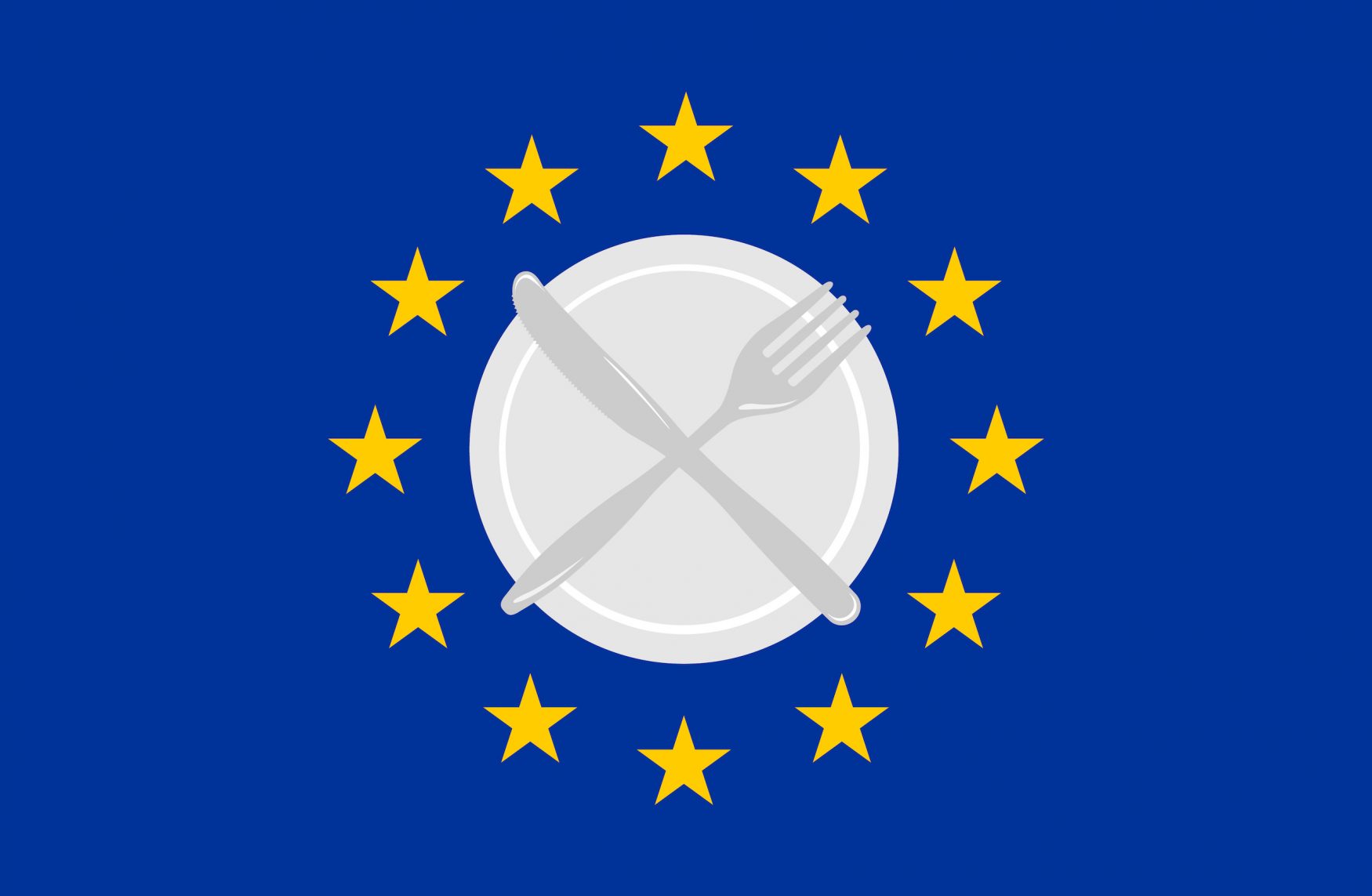
How Strict are the European Union Food Regulations?
European Union Food Regulations Ban Malaysian Seafood’s.
When one considers the European Union food the question comes to mind, just how safe is it, and what tests are being performed to ensure this, and who performs them?
When researching the safety of foods there are many positive things that are in print concerning the safety, but debate is still going strong.
The problem is if one digs deeper there are many discrepancies to be found in the European Union Food Regulations.
For those that tout the safety of the food and inspections done there are issues slipping through the cracks on a daily basis.
As in all societies there is research to be done and too many rely on the fact that they have been told it is safe to eat.
What countries are exporting food to the European Union?
What are the tests and what regulations are being performed and followed to be sure it is safe?
Many ask if there are different regulations for different countries due to the fact food trades from different countries are following varying sets of regulations.
E.U. Proposes Cutting Farming Subsidies
Seafood and Malaysia
European food has to meet certain standards according to its leaders, and Malaysia is the European Unions second largest trader.
Recently, the seafood sector of Malaysia was been banned from exporting seafood to the European Union that comes from Malaysian waters.
It is said that 43 companies in Malaysia exported seafood to the European Union.
No one knows how long has the food been unsafe, because those kind of answers aren’t told to the common people of the EU.
Looking United
The European Union food regulation seems to put on a very united front.
But, this is not the case at all and many of the Union states do not agree what foods should fall under which categories.
Take for instance, in some states if an additive is considered natural then it does not need to be labeled.
What constitutes a “natural flavoring” is it the fact that there are no preservatives involved?
Upon looking through the European Union food regulations one finds that the regulations still seem to appear different in different areas instead of one universal set of regulations.
The Enlargement of the E.U. Food Supply
As the European Union continues to grow so does the amount of food safety issues concerning what is approved across the borders.
Once another state joins the European Union and the borders are opened how does the food then become safe to eat?
In reading the information that can be found on the web there are supposed to be numerous border checks before the food is able to cross over.
Citizens of the EU are questioning where the manpower is coming from to check the foods, and how well they are going to be trained.
Since this is food that is intended to feed the whole European Union how stringent will the testing and regulations actually be?
There are so many rules with the European Union foods regulates just how are the people assured that the food they eat are acceptable and safe for their part of the neighborhood?
These and other questions are being asked, but answers are not forthcoming.

 My First Amazing Ayahuasca Experience
My First Amazing Ayahuasca Experience  Pine Needle Tea
Pine Needle Tea  The REAL Controllers of Humanity: The Papal Bloodlines
The REAL Controllers of Humanity: The Papal Bloodlines  Is it Global Warming or Cooling?
Is it Global Warming or Cooling?  Gun Rights and Obama Examined
Gun Rights and Obama Examined